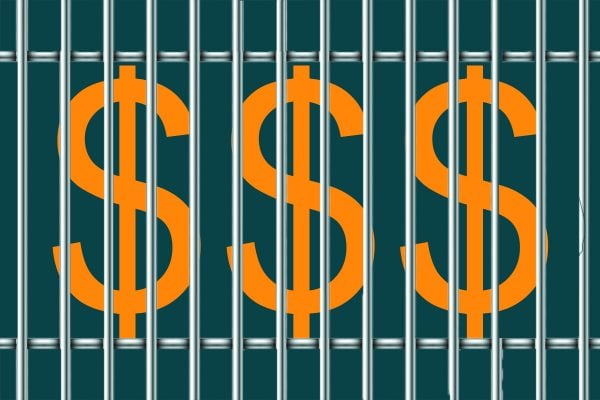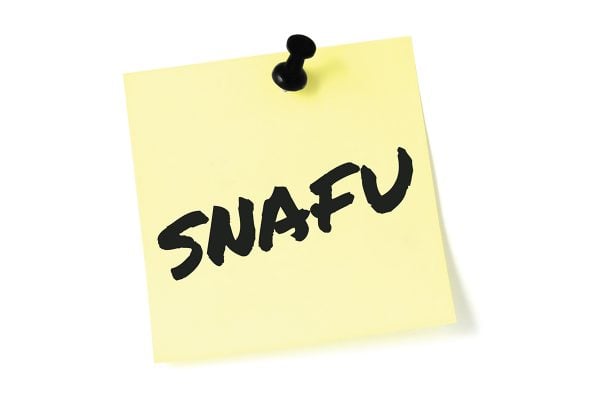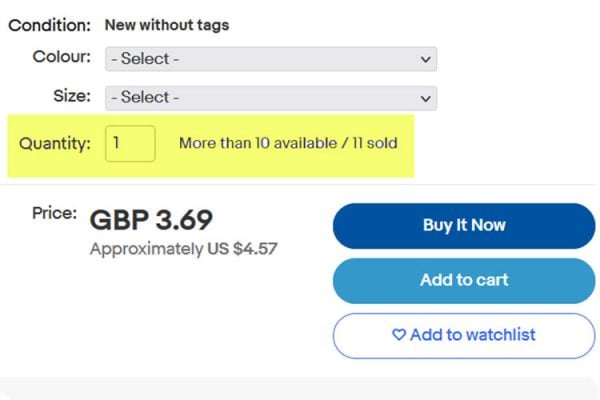We use cookies on our website to give you the most relevant experience by remembering your preferences and repeat visits. By clicking “Accept”, you consent to the use of ALL the cookies. However, you may visit "View Preferences" to provide a controlled consent.
The technical storage or access is strictly necessary for the legitimate purpose of enabling the use of a specific service explicitly requested by the subscriber or user, or for the sole purpose of carrying out the transmission of a communication over an electronic communications network.
The technical storage or access is necessary for the legitimate purpose of storing preferences that are not requested by the subscriber or user.
The technical storage or access that is used exclusively for statistical purposes.
The technical storage or access that is used exclusively for anonymous statistical purposes. Without a subpoena, voluntary compliance on the part of your Internet Service Provider, or additional records from a third party, information stored or retrieved for this purpose alone cannot usually be used to identify you.
The technical storage or access is required to create user profiles to send advertising, or to track the user on a website or across several websites for similar marketing purposes.










3 Responses
I think this has been the case for most PayPal emails for a long time – I always pack in front of the screen & pull the items up to check (as many of mine have very similar descriptions). I used to do this from the PayPal notification, and the links always brought up the items on the .com site.
Strange Gill, cos all the ones I’ve found in my deleted items folder have .co.uk links, it’s just today they’ve gone squiffy
Hmmm – I’ve had a closer look at a few emails (mixture of last week or so and a couple of years ago), and I have a mixture of links to .co.uk and .com on both sets of emails.
My non-scientific observation of a 2 minute quick study is that payments for single items are more likely to point to .co.uk, whereas payments for multiple purchases are more likely to point to .com :-~